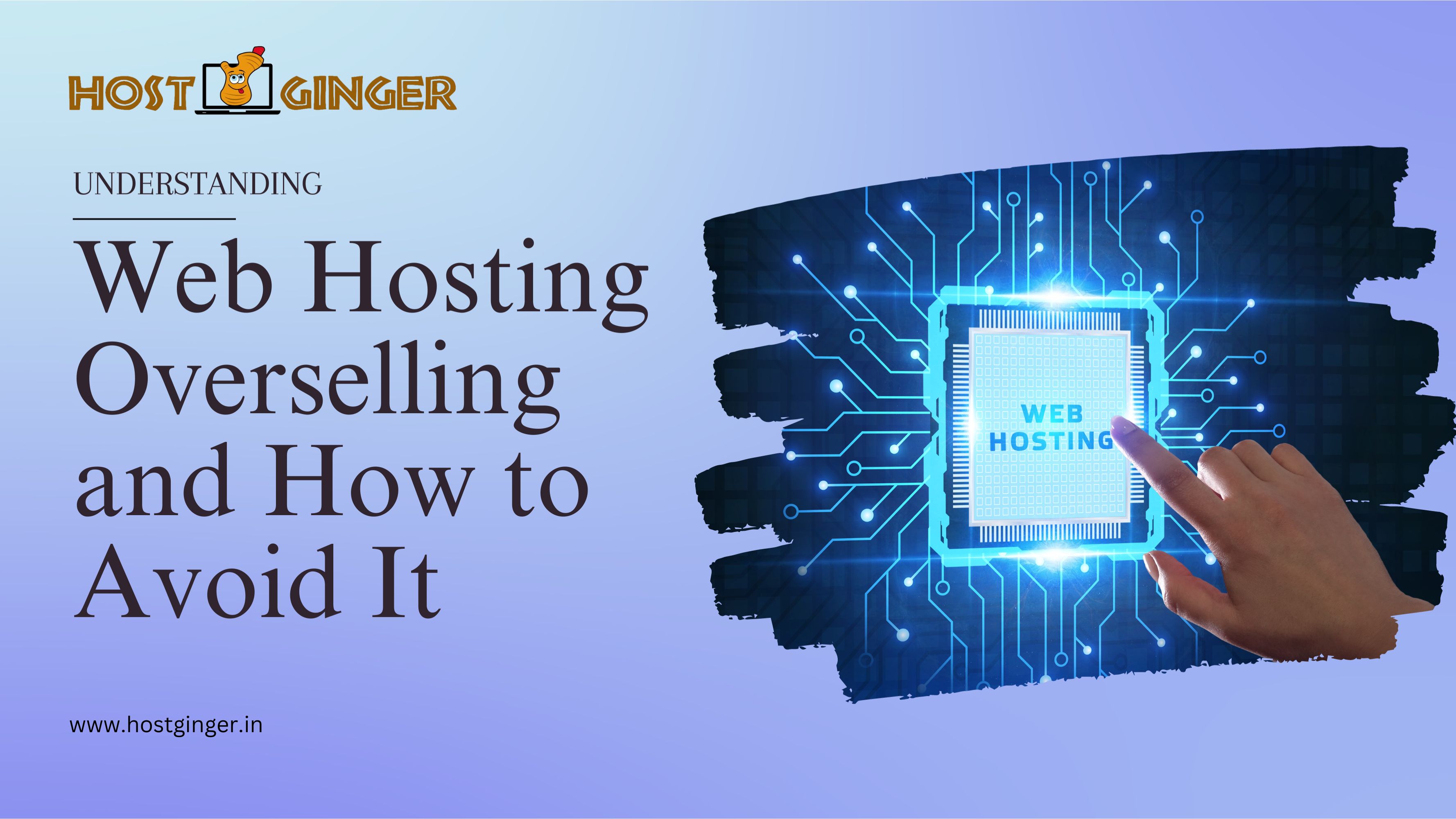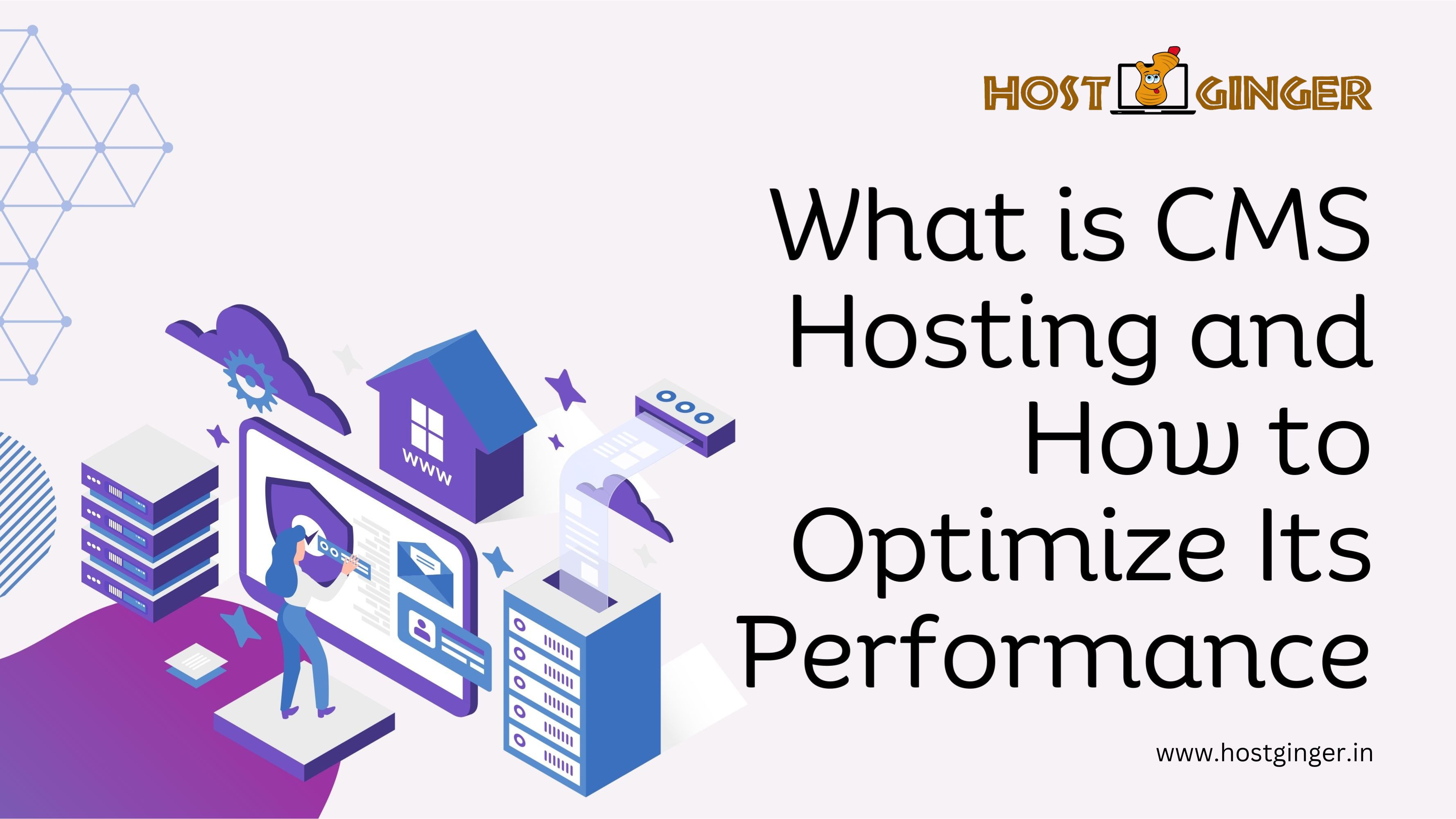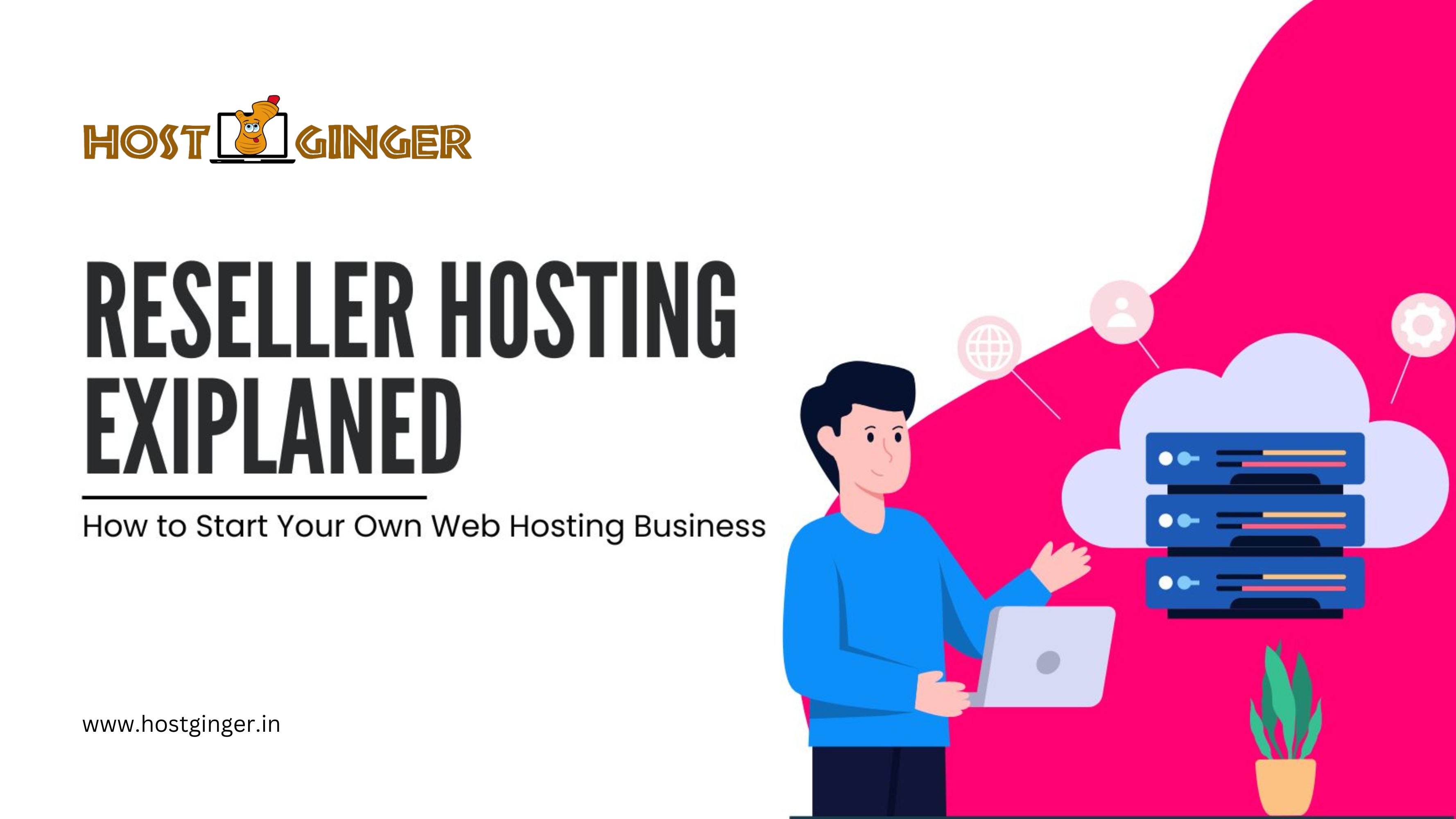Understanding Web Hosting Overselling and How to Avoid It
In the world of web hosting, overselling is a common practice that can significantly impact the performance and reliability of your website. If you're unaware of how overselling works and how it can affect your hosting experience, this guide will provide you with the insights needed to make informed decisions and avoid potential pitfalls.
Choose Your Web Hosting Plan
Reliable Performance, Seamless Experience, and Exceptional Support
What Is Web Hosting Overselling?
Web hosting overselling occurs when a hosting provider sells more resources (such as bandwidth, storage, or CPU) to customers than what is actually available on their servers. This practice is based on the assumption that not all customers will use their allocated resources to the fullest extent. While this can lead to cost savings for hosting providers, it can also result in performance issues for customers when resource demand exceeds the available supply.
The Risks of Overselling in Web Hosting
Understanding the risks associated with overselling is crucial for anyone looking to ensure the stability and reliability of their website. Here are some of the key risks involved:
1. Decreased Website Performance
One of the most significant risks of overselling is the potential for decreased website performance. When multiple websites on a shared server demand more resources than are available, it can lead to slower loading times, frequent downtime, and other performance-related issues. This can negatively impact user experience, driving visitors away and affecting your site's overall success.
2. Increased Downtime
Downtime is the period during which your website is inaccessible to users. Overselling increases the likelihood of downtime because the server may not be able to handle the resource demands of all its hosted websites. Frequent downtime can harm your website’s reputation, reduce traffic, and lead to loss of revenue, especially for e-commerce sites.
3. Limited Scalability
If your website is hosted on an oversold server, scaling your resources as your site grows can become challenging. As more customers join the same server and demand more resources, the available capacity diminishes. This limitation can hinder your ability to accommodate increased traffic or expand your site’s functionality, restricting your website's growth potential.
4. Compromised Security
Overselling can also lead to compromised security. Shared servers with oversold resources may become more vulnerable to security breaches, as they are often stretched to their limits. Additionally, if one website on the server is targeted by a cyberattack, other sites on the same server could be affected, putting your data at risk.
How to Identify Overselling in Web Hosting
Spotting overselling can be challenging, but there are several indicators that can help you identify if your hosting provider is engaging in this practice:
1. Extremely Low Prices
While affordability is important, hosting plans that are significantly cheaper than the market average may be a red flag for overselling. Providers offering extremely low prices often rely on overselling to maintain profitability, which can compromise the quality of service.
2. Frequent Performance Issues
If your website experiences frequent performance issues such as slow loading times or downtime, it could be a sign that the server is oversold. These problems may indicate that too many websites are competing for limited resources, affecting the overall performance of your site.
3. Inconsistent Resource Allocation
Pay attention to the consistency of your resource allocation. If you notice fluctuations in available bandwidth or storage space without making any changes on your end, it could be due to overselling. Inconsistent resource allocation can disrupt your website’s functionality and reliability.
4. Poor Customer Support
Customer support can be a strong indicator of overselling. If you encounter long wait times, unhelpful responses, or unresolved issues, it may be because the hosting provider is struggling to manage an oversold server. Poor customer support often correlates with overselling, as resources are stretched thin.
Strategies to Avoid Web Hosting Overselling
To protect your website from the negative effects of overselling, consider implementing the following strategies:
1. Choose a Reputable Hosting Provider
The best way to avoid overselling is to choose a reputable hosting provider with a proven track record of reliability and transparency. Research customer reviews and testimonials to gauge the quality of service offered by the provider. Look for companies that clearly outline their resource allocation policies and provide guarantees for uptime and performance.
2. Opt for Dedicated or VPS Hosting
If your website requires more resources and you want to avoid the risks associated with shared hosting, consider opting for dedicated hosting or Virtual Private Server (VPS) hosting. These options offer dedicated resources that are not shared with other websites, significantly reducing the risk of overselling. Although they may be more expensive, the investment is worthwhile for enhanced performance and security.
3. Monitor Your Website's Performance
Regularly monitoring your website’s performance can help you detect any issues related to overselling early on. Use tools like Google Analytics, Pingdom, or GTmetrix to track your website’s speed, uptime, and overall performance. If you notice any declines, contact your hosting provider to address the issue promptly.
4. Be Wary of Unlimited Plans
While unlimited hosting plans may sound appealing, they are often a marketing tactic used by providers who engage in overselling. These plans typically come with hidden limitations, such as throttling or resource caps. Be sure to read the fine print and understand the terms and conditions before committing to an unlimited plan.
Conclusion
Web hosting overselling can have serious implications for the performance, reliability, and security of your website. By understanding the risks and knowing how to identify and avoid overselling, you can ensure that your website remains stable, responsive, and secure. Choose a reputable hosting provider, consider more resource-dedicated hosting options, and monitor your website's performance to protect your online presence from the pitfalls of overselling.



















